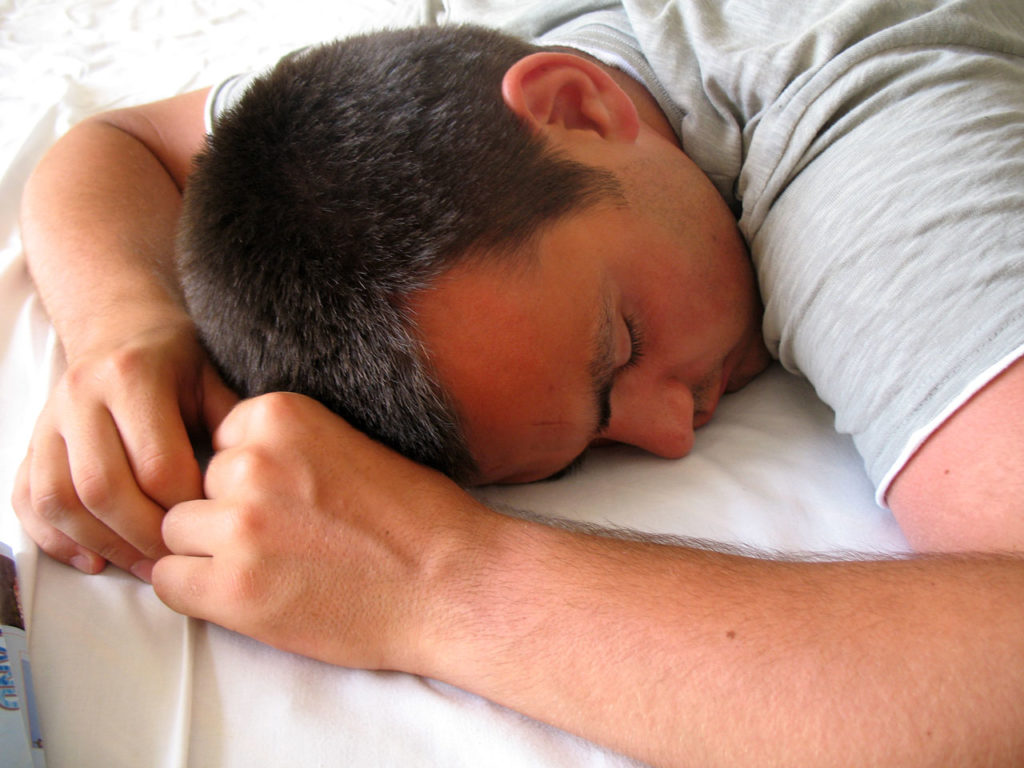According to a small study conducted by researchers at Houston Methodist Hospital, injections of botulinum toxin – commonly sold under the name Botox – could be an effective treatment for people who clench or grind their teeth while asleep. The condition, known as bruxism, is a relatively common sleep disorder affecting about 10 percent of people in the US, according to the American Sleep Association.
In addition to being a blockbuster drug in the cosmetic space, Botox has been approved for a whole host of other indications including in the treatment of migraines and bladder dysfunction. The study was supported by Botox maker Allergan, and published in the journal Neurology.
A total of 22 individuals were enrolled in the study and underwent assessment in a sleep lab to establish their baseline teeth grinding and clenching symptoms. All of the participants received injections into their chewing muscles, 13 of which received the botulinum toxin and 9 who were given a placebo.
The study participants were reassessed four to eight weeks after receiving treatment by spending another night at the sleep lab. While none of the participants in the placebo group showed any improvement in their symptoms, 46 percent of those in the treatment group were rated as “much improved” or “very much improved” in terms of clenching and grinding behaviour.
“This is a very common problem with no established treatment, so these results are encouraging,” said study author Dr. William G. Ondo, of Houston Methodist Hospital in Texas and a member of the American Academy of Neurology. “A larger study is needed to confirm these exciting results.”
In addition, patients given the botulinum toxin injections reported experiencing less pain and fewer symptoms of bruxism, whereas those injected with the placebo showed no change.
Despite the positive results, the study did have some limitations. For one, the sample size was very small making it difficult for the investigators to make any meaningful predictions about the future use of Botox in the treatment of bruxism. According to Ondo, it was also hard to assess patients for bruxism as there is no standard measure.
Currently, patients diagnosed with this sleep disorder are often recommended to use a mouth guard to prevent the damaging effects on grinding on teeth. However, the researchers point out that this does nothing the stop the clenching and grinding symptoms of bruxism.
Botox brought in $774.5 million in sales in Q3 2017, making it Allergan’s best-selling drug. If the results of the current study are confirmed in larger trials, an additional indication for Botox in treating bruxism could be around the corner.












Join or login to leave a comment
JOIN LOGIN